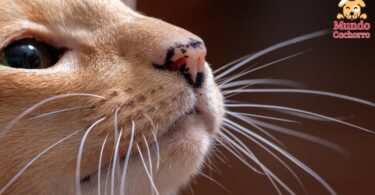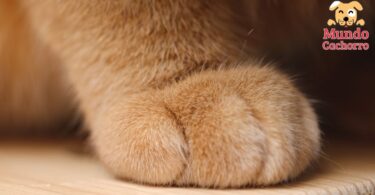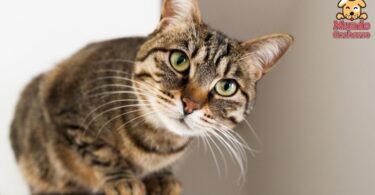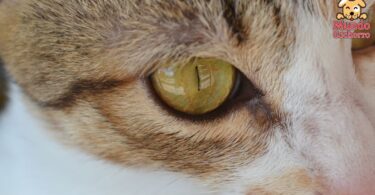Indice
Stress is a natural response of the body to certain situations, however, it can reach the point of becoming harmful to health if it is not treated at its root. In the case of cats, stress can appear for multiple reasons and affect their well-being to a greater or lesser extent.
Regardless of the circumstances, it is important for the owner to know when their cat is stressed in order to find the most appropriate solution. This makes it essential for him to know the 6 ways to know if your cat is stressed.
1 Compulsive behaviors
It is normal for certain animals to have the habit of cleaning themselves daily and routinely, especially in felines, who have a very marked grooming routine of their own. But grooming, as well as the everyday action of scratching, can take on a completely different meaning when the feline devotes more time to it than usual.
When the cat begins to perform these activities compulsively, even to the point of injury, it is one of the clear signs that a cat is suffering from stress.
2 Marking
Urine marking and claw marking of the feline in different parts of the home is another sign that a cat is stressed. Especially when this behavior occurs suddenly or in cats that have been sterilized.
3 To relieve oneself outside the litter box
Unless the cat has other strong reasons for not relieving itself in the litter box, such action becomes an indication of stress in cats. If the feline had not previously presented any problems with its litter box, the sudden action may indicate not only possible stress in the cat, but also the existence of another health problem that the owner cannot ignore.
4 Behavioral changes
Each feline has its own personality and way of doing things, so the appearance of changes in their behavior is a possible sign of stress in cats. This is mainly evidenced at feeding or sleeping time, where an increase or decrease of such activities that do not correspond to what the feline would usually do can be seen.
Isolation, especially in cats that are generally sociable, as well as excessive vocalization, are other factors that indicate possible discomfort in the animal.
5 Digestive and general health problems
Constipation, diarrhea, vomiting, or the presence of other digestive problems, are a clear indicator of stress problems in cats. When a cat suffers from stress, its entire body is affected, usually manifesting itself in digestive and intestinal problems.
In addition to this, a cat suffering from chronic stress weakens its immune system, making it more prone to infections, viral or autoimmune diseases. Other pathologies such as pica also occur due to the stress that the feline may suffer.
6 Aggressiveness
Aggressiveness towards people and other animals with which the feline lives is an alarm for any owner, especially when it occurs for the first time and for no apparent reason. When the cat is affected by high levels of stress, it will react in the vast majority of cases in an aggressive or defensive manner. Attacking both other animals in the area and people.








